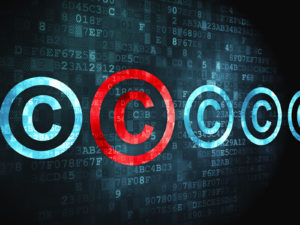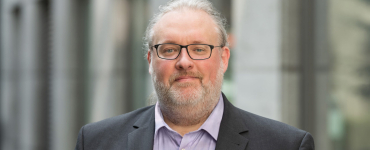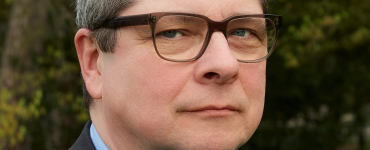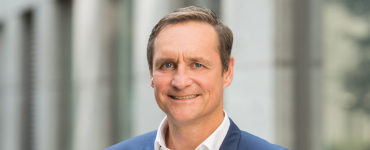On 16 December, the German Federal Cabinet intends to vote on the draft law to implement the EU Copyright Directive, which will then be submitted to the Bundestag. The Secretaries of State intend to meet in advance for the final votes on the implementation of copyright law. eco – Association of the Internet Industry continues to take a very critical stance on the draft law: from the association’s point of view, the planned regulations endanger Europe’s digital innovative power without leading to more fairness in the use of intellectual property on the Internet. The association also strongly denounces the maintenance of the measure to introduce upload filters.
eco Chair of the Board Oliver Süme says: “The planned law places a disproportionate burden on platform providers and does not use the given leeway to prevent upload filters. In this form, copyright law will become a brake on innovation for the European digital sector, as small or new platforms will hardly be able to flourish under these stringent conditions.”
The current draft obliges platforms to accept licence contract offers made by rightholders. This is a direct attack on companies’ current business models. Despite existing licence agreements, platforms will have to pay licence fees directly, not only to the direct rights managers but also to their contractual partners, such as artists. As such, they will also have to perform the additional tasks of rights managers.
In addition, in the future, platforms are to establish complaints processes about the permitted or prohibited use of content under copyright law, which would involve considerable effort and immense costs for providers. Süme: “Only the judiciary – not private providers and companies – should decide what is right and what is wrong.”
In the run-up to the cabinet meeting, the Association of the Internet Industry is also appealing to the German government to bring objectivity into the current highly emotive debate. “We’d like to see far more depth and fairness in legislation,” Süme continued. “What’s more, before the law once again lands before the ECJ, it is absolutely essential to wait for the relevant guidelines of the EU Commission on the transposition of Article 17, which are scheduled to be issued at the beginning of next year.”
Moreover, it is hard to understand why a welcome exemption for ‘pastiches’ should now be subject to licence fees: “If Germany does not implement what’s termed as the pastiche barrier – or doesn’t fully implement it – this also violates European law. These legal uncertainties must now be removed as quickly as possible,” Süme urges.
The deadline for transposition of the copyright reform is 7 June 2021. A statement published in the German language in November contains the latest critique by the Internet industry association, which had already been repeatedly voiced during the development of the Directive. You can read eco’s detailed English-language statement on the German Federal Ministry of Justice and Consumer Protection’s discussion draft on a Second Act on the Adaptation of Copyright Law to the Requirements of the Digital Single Market here.




